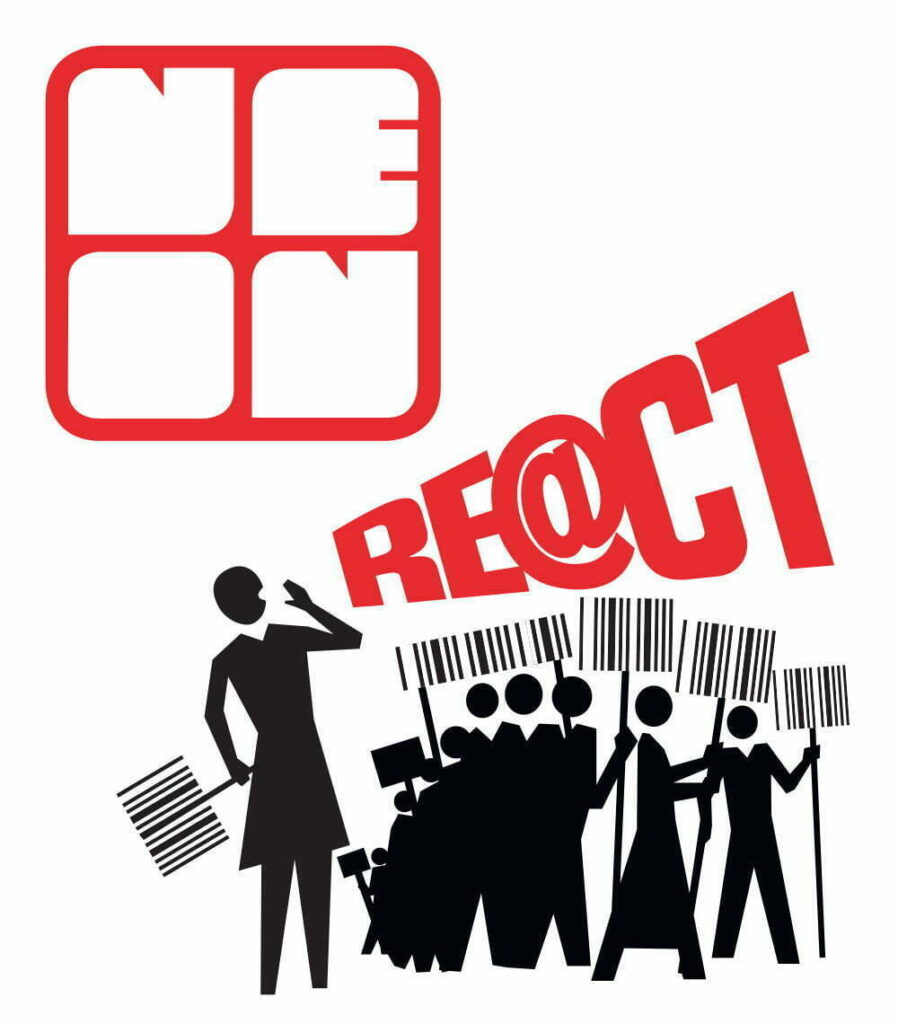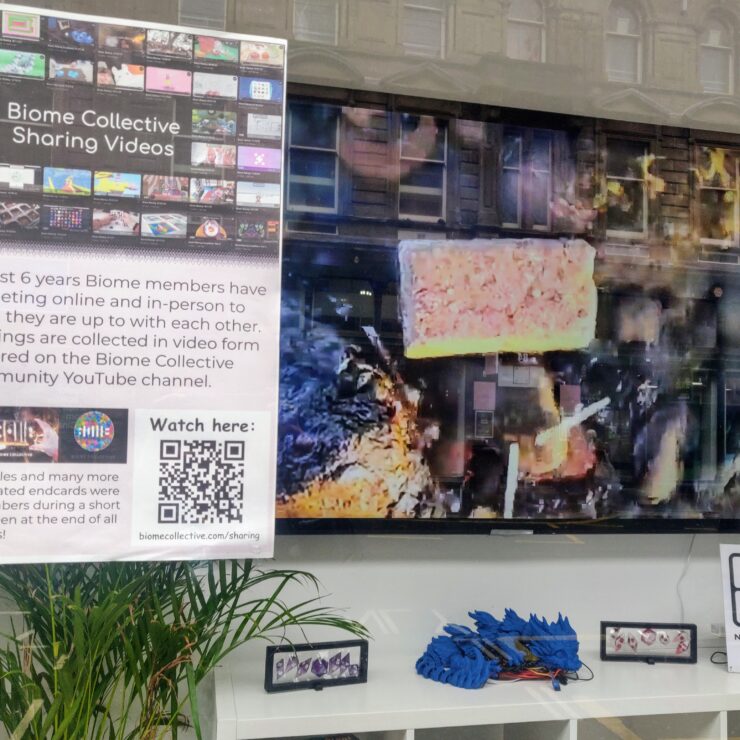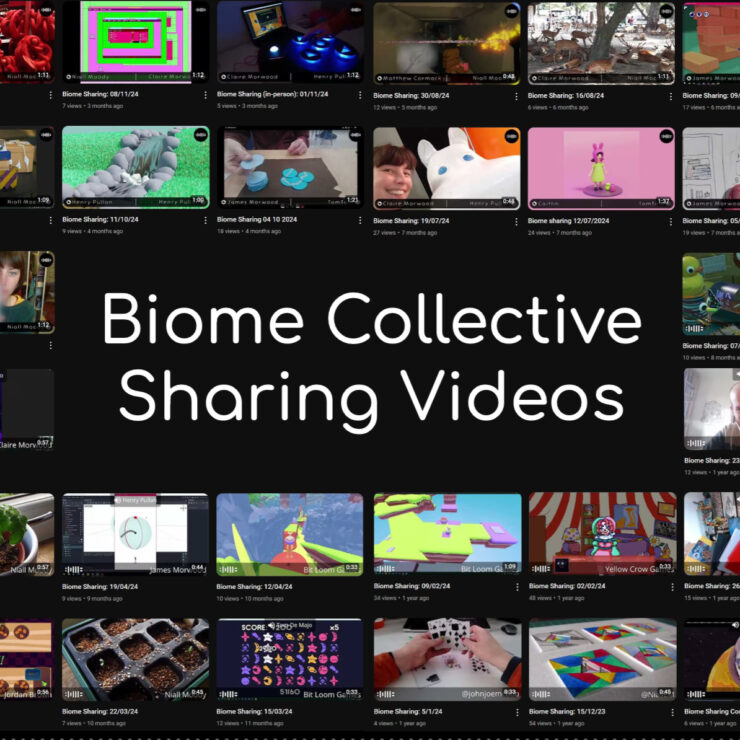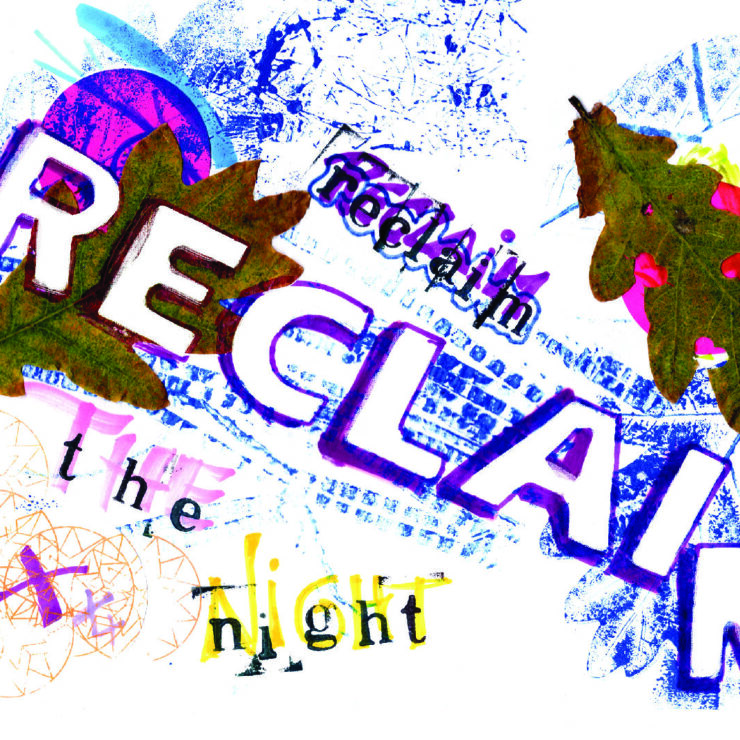Symposium Spotlight: Maria Chatzichristodoulou

One of the highlights of this year’s NEoN digital arts festival is the Re@Ct: Social Change Art Technology Symposium – a three day expanded programme of international speakers addressing the social and political potential of digital art, taking place from Wednesday 6 – Friday 8 November.
In this mini-series of interviews Ana Hine catches up with one of the key note speakers for the symposium, here talking to Maria Chatzichristodoulou of London South Bank University who will be kicking off the symposium at V&A Dundee on Wednesday morning with her paper ‘Performance and Citizen Media: Gesturing Dissent’.
How did you hear about NEoN digital arts festival? Were you aware of it before you were invited to speak at it this year?
I was not aware of the festival before I was invited to speak at it I’m afraid.
What’s your keynote speech going to cover? How does this tie into the festival’s theme this year of React?
My keynote speech is going to examine the intent of some live art practices, to ask whether certain performances could be considered through the lens of citizen media. I am particularly interested in performances that gesture towards some kind of revolt and become a social media meme by doing so, and thus succeed in raising awareness of situations that might not have been picked up by the media otherwise. I am interested in how a gesture can become political, and fascinated by performances that reside in-between artistic and activist practice. Art has the power to make us think outside of the box, to surprise and delight; when it comes to art that engages with urgent social and political issues, this ability to surprise can be particularly useful. For example, what can a police officer do when confronted by an action that they cannot decipher, that makes them uncomfortable without them even knowing why, that they cannot easily categorize as dissent or civil disobedience but which clearly is an act of resistance in some form? The festival’s theme of REACT asks how we protest differently in a digital age; my speech will aim to give some examples to that end.
How can live art be socially engaged?
The Live Art Development Agency (LADA) describes live art as “a cultural strategy to include experimental processes and experiential practices that might otherwise be excluded from established curatorial, cultural and critical frameworks” (LADA website 2019). Live art is not de facto socially engaged but the fact it focuses on experimentation, experience, the process (as opposed to the outcome), and it operates on the fringes of more conventional disciplinary frameworks, often means that it has the capacity and interest to engage with communities and address social issues in unconventional ways. Moreover, live artists often want to be responsive to “contexts, sites and audiences” (LADA website 2019), and that makes the practices that they develop embedded within and relevant to those contexts and communities.
What is performative politics?
This refers to Judith Butler’s inquiry into the performative and performativity (which has been particularly influential in how we now understand and discuss gender as something that is not just biological but also a cultural construction). Boucher suggests that “Butler’s inquiry into the embodied-performative aspect of the reproduction and contestation of social structures highlights the potential for resistance to hegemonic norms” (2016: 112). Performative politics suggests that embodied, performative actions that intervene in cultural and political happenings have the potential for resistance to those hegemonic norms.
Do you think digital technologies have empowered ordinary citizens, or have they merely created echo-chambers?
They have done both. Technologies are not neutral but we also carry responsibility in how we use those technologies. Being naïve won’t do. We have to wake up to the dangers and be a lot more conscious users of those technologies and platforms.
What do you hope to achieve by being involved with NEoN and how might it help your future work and research?
I hope to meet some fantastic artists, academics and activists. I also hope to enjoy Dundee as this will be my first time in the city. I have always been invested in socially engaged art practices so meeting artists and scholars with similar concerns could, possibly, lead to interesting future collaborations. I am very much looking forward to this.
Re@ct will shift between four venues in Dundee over the three days of the symposium:
Day 1, Wednesday 6 November – V&A Dundee
Day 2, Thursday 7 November – morning West Church/afternoon Chamber East
Day 3, Friday 8 November – Steps Theatre
The Re@ct symposium will be a unique, open and freely accessible event. REGISTER HERE


